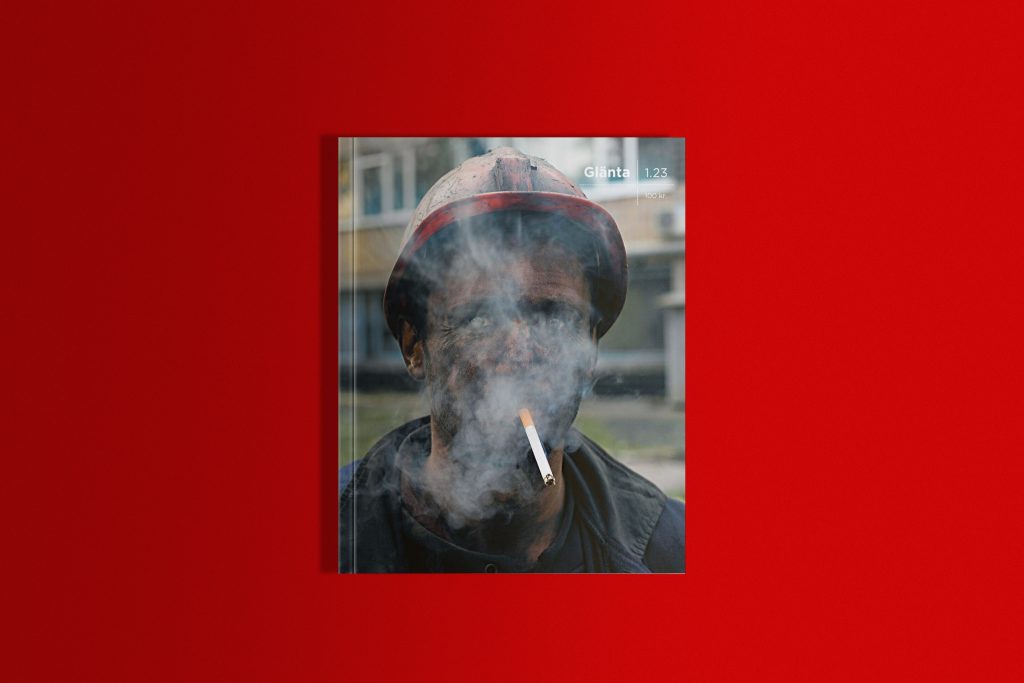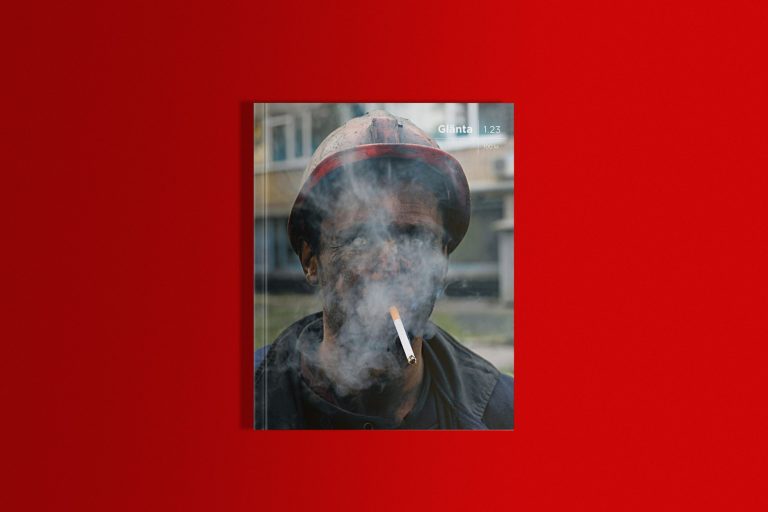in The gladeUkrainian journalist Olena Mihashko writes about how artistic ambitions turn to dust when your country is at war. “When the war came, I turned to journalism with relief. After visiting the first evacuated towns and villages as a reporter, I finally got out of this awkward state of appearing as a cowardly thinker, a detached scholar – the last person to be saved in a shipwreck.
But even though war makes art seem useless, it paradoxically sparks Mihaško's longing for escape: “I saw no sense in making up words, or, what's more, in pretending that they were important, because they could not become a healed body.” Or restore the light.” But at the same time, I was very drawn to the idea of taking a step further into any kind of dimension that wasn't normal or real.
Photography and memory
Katja Petroskaja, a Kiev-born literary scholar, writes regularly for Frankfurter Allgemeine Zeitung On the reality captured in the photographs, many of which reflect her family's Jewish Russian and Ukrainian past. Ten of her short articles are included in this issue of gdayntaWhich illustrates one of the issue's recurring themes: that freely created art has a crucial, if limited, role in understanding the actions of power.
One of Pietruskaja's photographs shows Kiev Square in the summer of 1943, when the war reduced the iconic Ginsburg and Parliament buildings to piles of bricks. She recalls that her mother, as a little girl of eight years old, saw her first and only execution in the ruins of Kiev: twelve German war criminals were hanged. “As the observer’s gaze moves from the twentieth-century ruins to the still standing twelfth-century cathedral, history is transcended.”
Disaster and massacre
Historian Maya Nomoto investigates an incident in Japanese history when the outcome of a natural disaster was exacerbated by a state-engineered reign of terror. On September 1, 1923, “an earthquake turned Tokyo into a living hell.” Large parts of the city collapsed, killing 140,000 people and displacing a million people.
Emperor Taishō was supported by the military ruling class, which worshiped the empire and adhered to a kind of Confucian moral code that allowed the torture and execution of opponents. When blaming the opposition for the disaster did not quell public unrest, the regime blamed “infidel” Korean immigrants. It worked: the outsiders were duly persecuted and killed.
Later generations apologetically established an annual day of remembrance. However, nationalism justifies it all: “Year after year, the right-wing mayor of Tokyo chose not to attend the ceremony.” Its silence supports the traditional strategy of allowing the shadow cast by natural disaster to obscure the authoritarian actions of the state.
A society that cannot be understood
Lawyer and writer Agrey Ismail discusses the ability of the “hidden state” to record and retain data — and also hide those records when appropriate. Ismail describes how the government agencies running the Manhattan Project (the US nuclear weapons program during World War II) rose to the challenge of distracting the public from an exceptionally large explosion. At first, denial and obfuscation worked remarkably well; But later, the ghosts – the effects of radiation, absurdly high cancer rates – began to terrorize the official version of reality.
Scientists, statisticians and whistleblowers sometimes reveal what the state knows (or thinks it knows), but “we sense the constant presence of surveillance, and perhaps have already begun to shift blame onto ourselves, in the hope of appeasing the all-knowing other.”
Apocalypse, Inc.
Erik Tangerstad analyzes the role of mercenaries in the twenty-first century. These militias, organized as professionally managed commercial enterprises, better funded and armed than many regular regiments, operate outside the scope of international law. Tangerstad is interested in the financial and military activities of the Wagner Group, before and after Prigozhin, but begins with its American model, Blackwater PMC (private military company or contractor).
The business concept was created by Erik Prince, who retired after selling a majority stake in the now renamed Frontier Service Group (FSG) to a Chinese investment firm. Dick Cheney and Donald Rumsfeld realized that Blackwater operatives were cost-effective alternatives to American soldiers in Iraq and Afghanistan. Putin reached similar conclusions and used the Wagner Group to Russia's advantage in Sudan, Syria, and Ukraine.
In a long and interesting passage, military historian Tangerstad turns film critic: Apocalypse now And star WarsHe argues that these were models for building empires using populist, profit-driven institutions.

